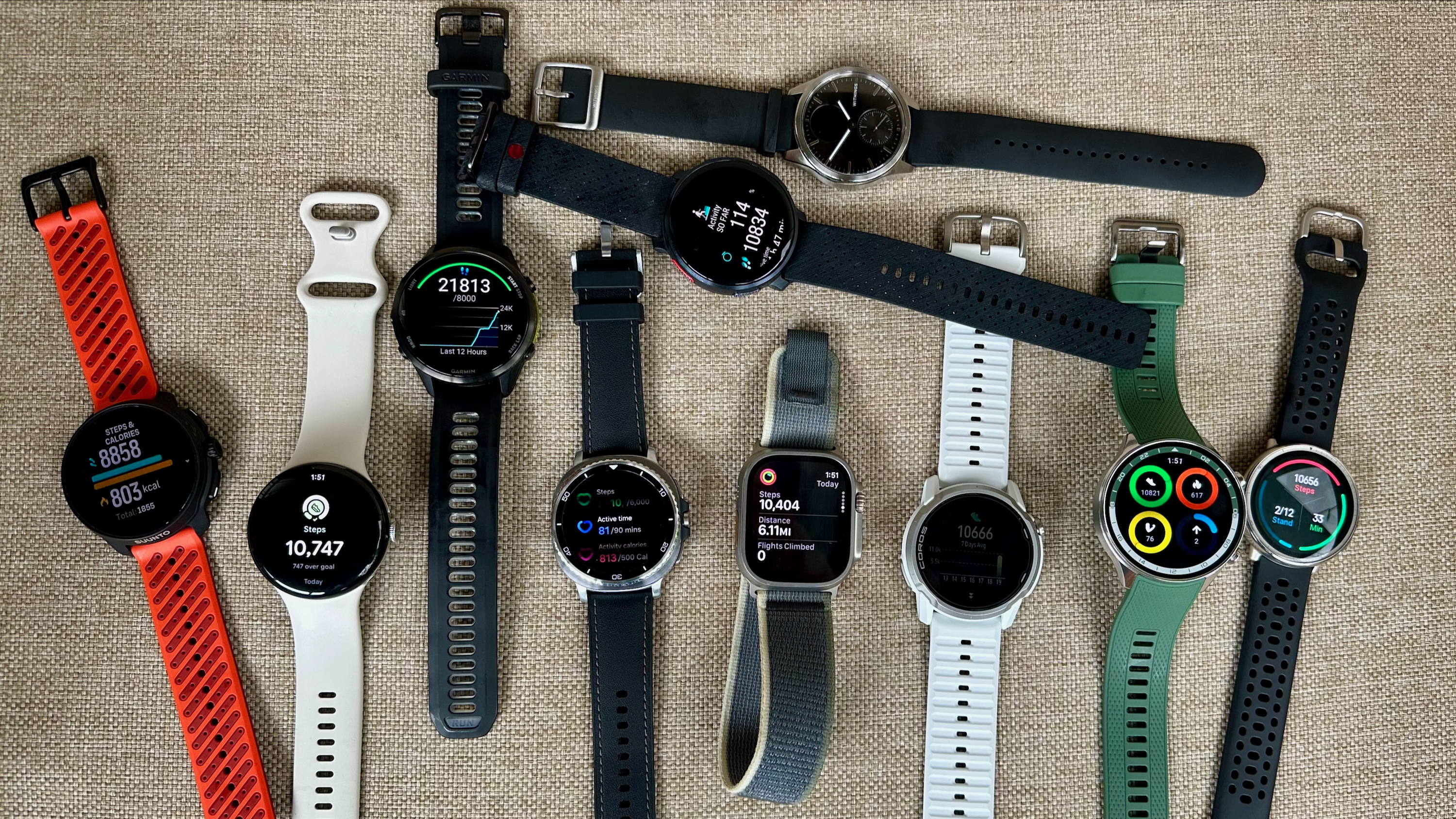Choosing the best smartwatch for keeping off that Freshman 15
We suggest great back-to-school options for fitness trackers, from the Pixel Watch 3 to the Oura Ring.
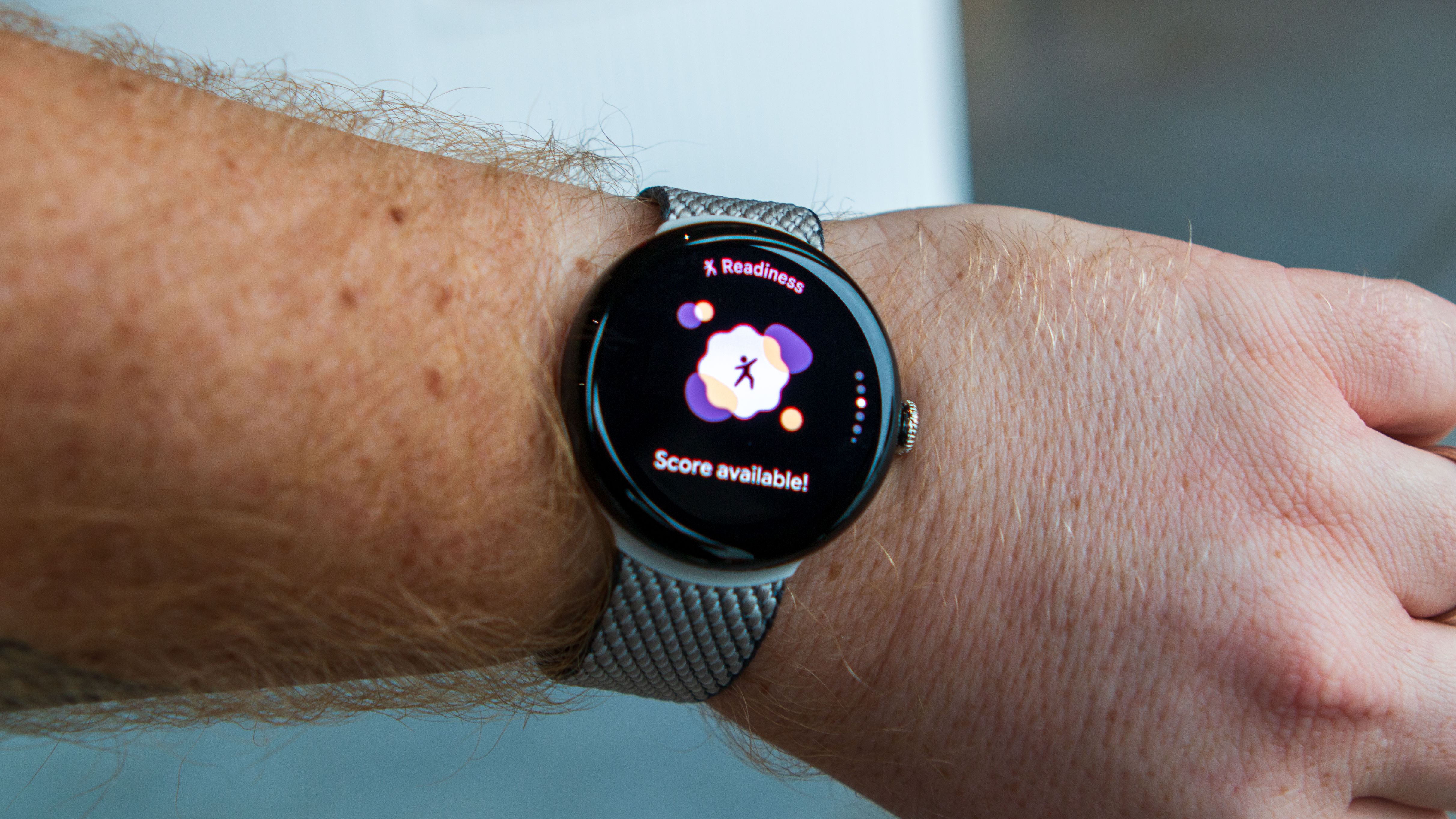
Leaving behind home-cooked meals and high-school sports clubs for buffet-style dining halls and frat parties can (unsurprisingly) lead to weight gain. College students still have fast metabolisms and active lifestyles, so gaining the "Freshman 15" isn't likely. But we'd still recommend getting yourself a fitness-focused smartwatch that'll help you form good habits before it's too late.
The term Freshman 15 is both myth and reality. A National Library of Medicine study found that half of tracked students stayed level or lost weight, and the average weight gain was only 2.7 pounds; only 5% gained 15 pounds. But freshmen with previously healthy BMIs gained the most weight, especially young men (7.1 pounds), and the study found many students were on a path to becoming obese over time, without realizing it.
A smartwatch isn't a cure-all for weight gain, but it does incentivize good habits. The only question is which one you need.
The benefits of a smartwatch for college students
I've previously written about the smartwatch features that benefit students, beyond fitness: You can make on-wrist to-do lists and check them off in between classes, set Pomodoro timers for bursts of studying, calendar or countdown reminders for classes and assignments, and meditation exercises to fight off finals stress, among others.
On the topic of fitness, unless you're joining a college team with regimented workouts, you're probably leaving behind structured high school coaching and set after-school workout periods to having to make your own training plans and squeezing workouts in between classes, homework, and socializing. Smartwatches are really handy for building self-guided training regimens.
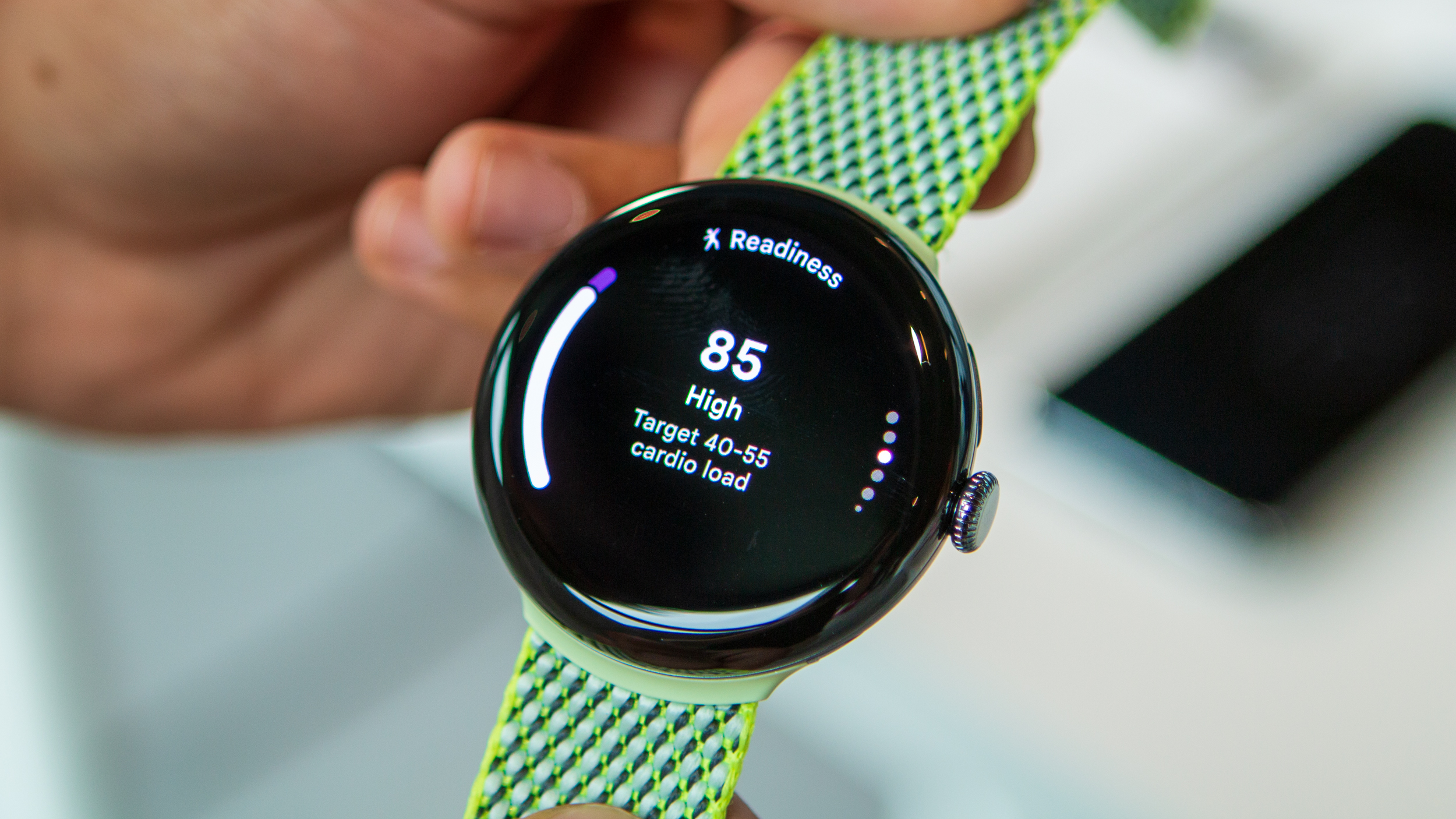
Even beyond workouts, they'll track your daily steps and burned calories, as well as your sleep quality. And sleep has a hidden, serious impact on your weight. According to the University of Chicago (via WebMD), lack of sleep triggers stress cortisol hormones that hold onto fat to preserve energy, as well as messes with your body's insulin processing so it can't dispose of fat in foods.
In other words, students pulling all-nighters will gain weight even if they eat well, and they're more likely to consume calorie-rich snacks and drinks to stay awake. A smartwatch or smart ring with sleep tracking will keep you honest and try to push you towards better habits.
Get the latest news from Android Central, your trusted companion in the world of Android
Which smartwatches (or other fitness tech) will work best for students
When it comes to the best student smartwatches, it's not all that different from what any adult needs from a watch; people with office jobs need to stay healthy and keep track of daily tasks too. But I'll highlight the watches and tools that I think will benefit students in particular.
The new Google Pixel Watch 3 has a Fitbit Cardio Load tool that tracks how often you elevate your heart rate and tells you whether you're staying fit or getting fitter. What I appreciate about Cardio Load is that it'll give you points for everyday things like rushing to class on campus, not just "workouts." You'll be able to monitor just how active you are and receive "target load" goals every morning telling you whether to work out or rest because it knows you didn't sleep well.
If you're an iPhone user, the latest watchOS 11 software adds its own training load graph. It doesn't have the perk of tracking non-workout load, but an Apple Watch will judge how hard you work out every week and how it compares against the past month, so you have visual evidence if you've started to slack off too much as you get into midterms.
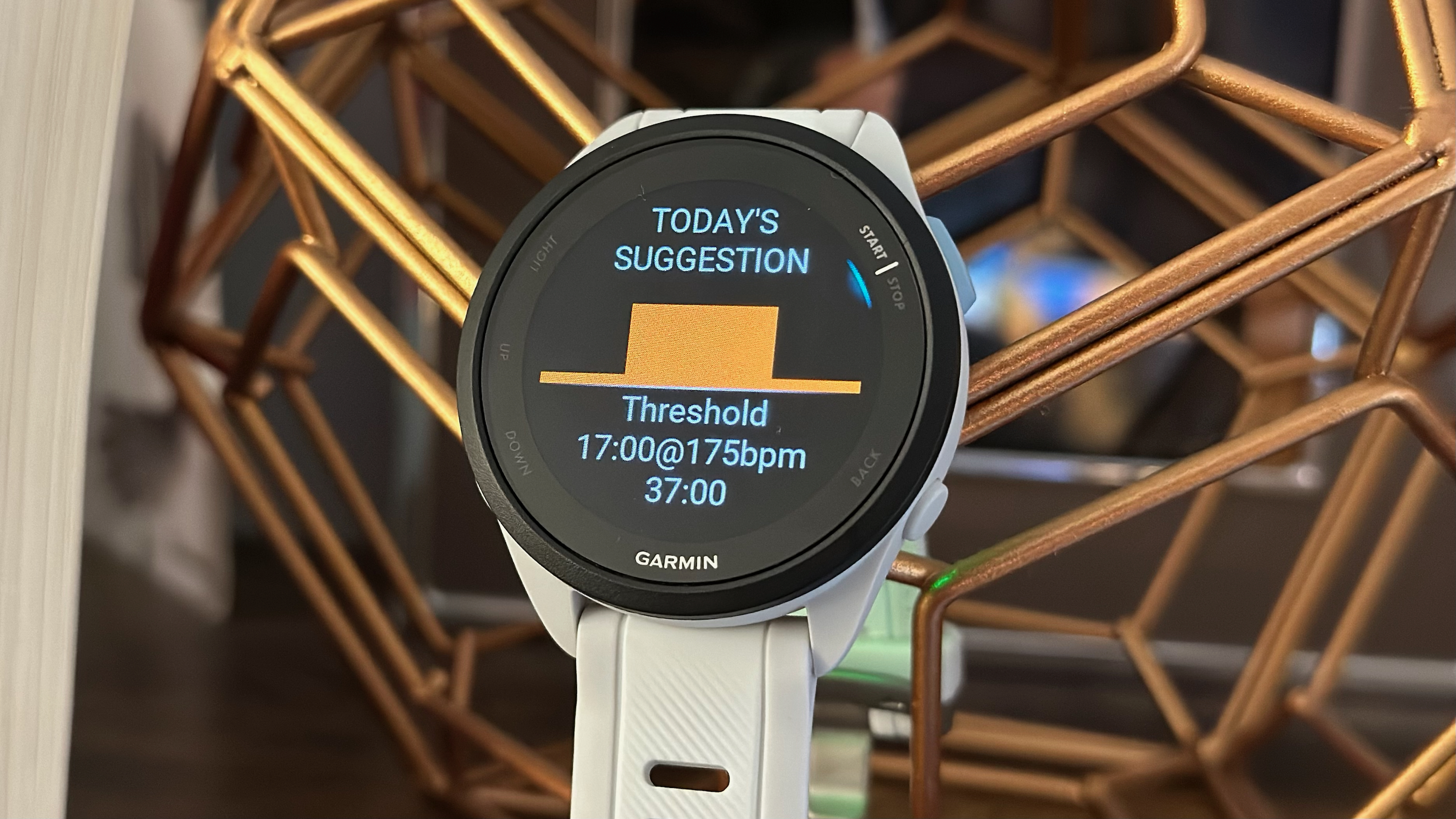
If you're specifically a runner or cyclist, you may want to look into a Garmin watch. They're extremely light on apps and traditional smarts, but the best Forerunner and Instinct models have in-depth training load tools that are even better than Google and Apple's. They also have "daily suggested workouts" that recommend a run or bike ride with a specific distance, pace, or heart rate zone based on your current fitness levels. Or if you prefer something more structured, you can have Garmin Coach create a months-long program on your calendar.
If you're more of a gym-goer, a few smartwatches let you create specific strength routines to follow on your wrist, but it's more annoying than useful and can't help you with form; you might be better off taking notes in a phone app like Strong or FitNotes. Find some structured classes to teach you what you're doing, and find a basic, thin tracker like the Fitbit Charge 6 that won't feel like it's in the way during deadlifts.
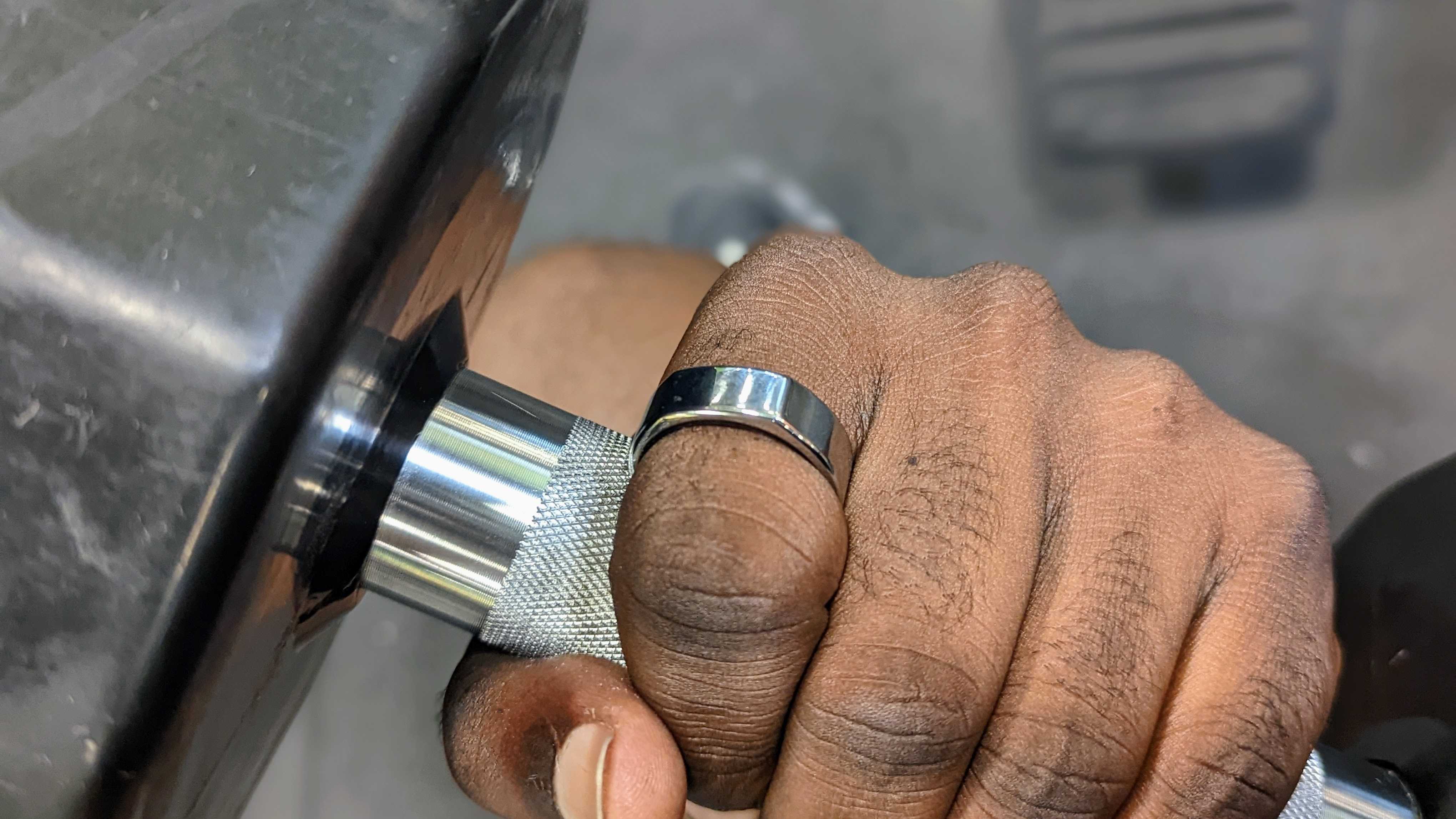
As a final point, not everyone is an "athlete" or has time for workouts! In that case, you may want to look into a smart ring like the Oura Ring instead. It'll track your overall health, sleep, steps, and automatically detect any activity from running to dancing, then send all of that data to your phone app. But it keeps things simple and doesn't distract you with a bunch of notifications during class.
Rings like Oura Ring or Ultrahuman Ring Air also highlight a term called "sleep debt" or "sleep balance." It'll track your sleep over the course of days or weeks, so if you pull an all-nighter, they won't let you off the hook if you sleep well the following night; they'll warn you how much sleep you still need before your body recovers (and stops hoarding fat as a defense mechanism against tiredness).
I haven't touched on dieting and nutrition apps because (A) you'll find those on your phone if you need them and (B) I don't think dieting is healthy or helpful.
I'm far from my college days, but I gained plenty of weight during the pandemic, and my method for losing 30 pounds over a year was simply to focus on walking 8–10,000 steps a day and eating responsibly. I didn't log what I ate or deprive myself of snacks; I just made a point of portion control and trusted myself to know when I was overeating.
I also cut back on alcohol, but I'm not going to suggest that for college students. There's plenty of time for that later.
To keep off your Freshman 15, you don't need to do anything that special. Just use common sense and rely on your smartwatch of choice to make sure you're staying active, even when it'd be easy to stay in your dorm room and slack off.
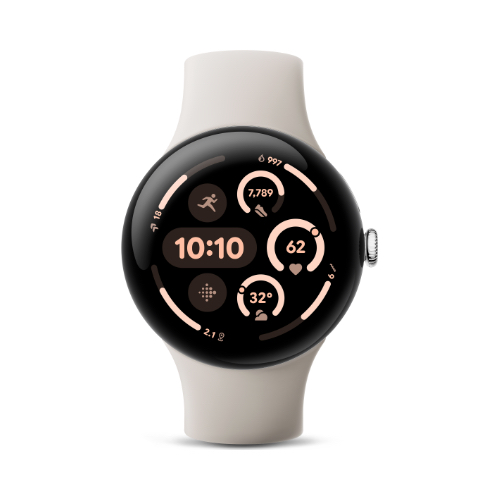
Fight the Freshman 15
The Pixel Watch 3 is a stylish, comfortable smartwatch built to last across your college career, with Google Assistant commands, Fitbit health insights, and Cardio Load training data. It has fast performance, decent battery life, and can recharge quickly before class.

Michael is Android Central's resident expert on wearables and fitness. Before joining Android Central, he freelanced for years at Techradar, Wareable, Windows Central, and Digital Trends. Channeling his love of running, he established himself as an expert on fitness watches, testing and reviewing models from Garmin, Fitbit, Samsung, Apple, COROS, Polar, Amazfit, Suunto, and more.
You must confirm your public display name before commenting
Please logout and then login again, you will then be prompted to enter your display name.
